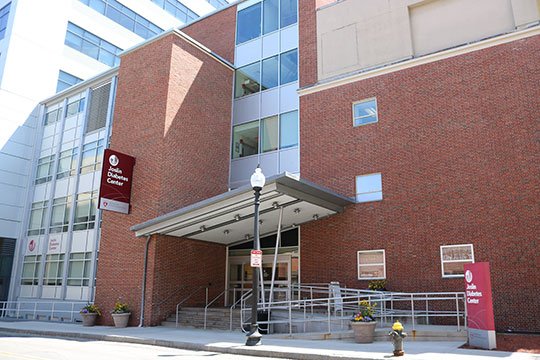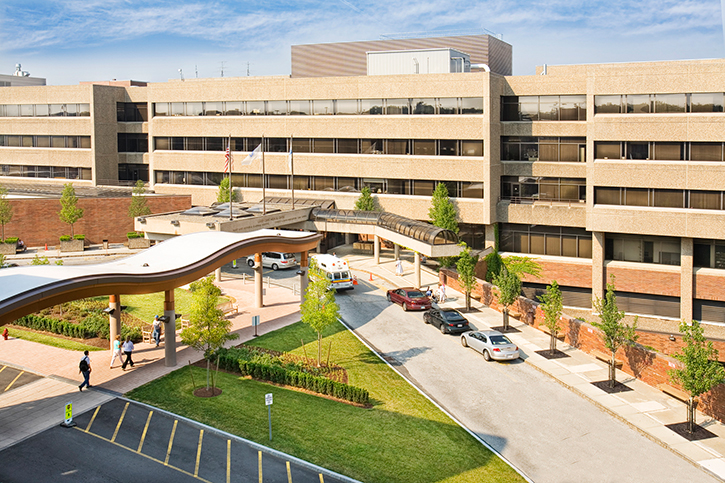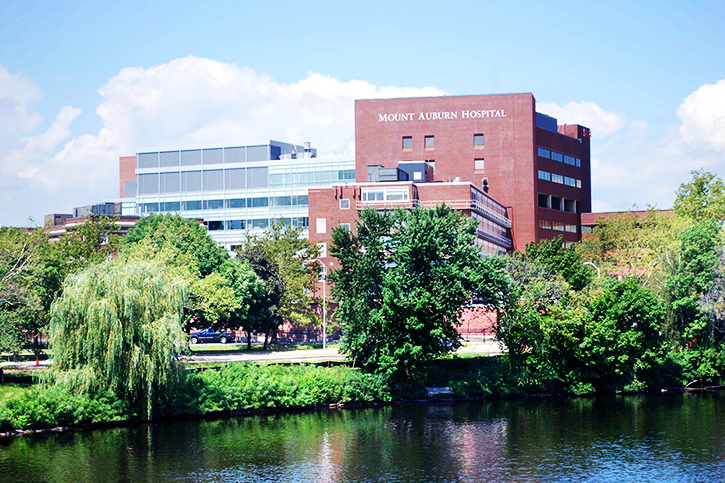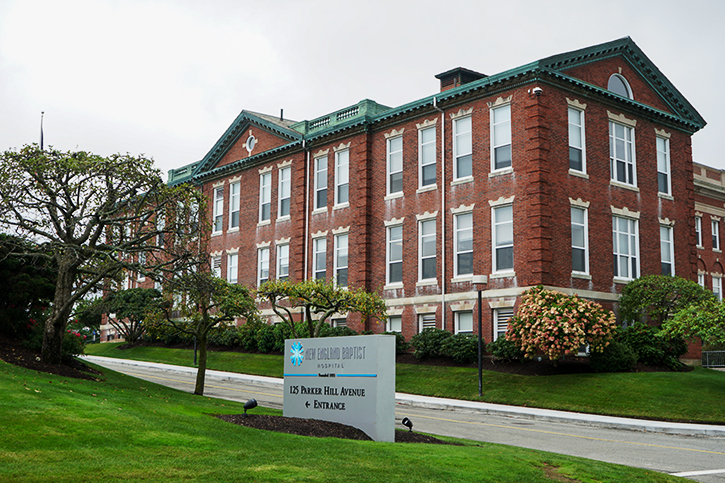Our Clinical Trials
The robust offerings of available clinical trials at Beth Israel Lahey Health allow you to take part in the research discovery process.
Search for a clinical trial:

We’re at the forefront of life-changing research
The research teams across Beth Israel Lahey Health work to improve disease outcomes and the quality of life for people with all types of health conditions. We strive to quickly turn our lab discoveries into diagnostic tools and medical devices, medicines and therapies that positively impact your health.
Our faculty and researchers lead thousands of clinical trials and research studies designed to improve your health. We also share our findings to expand medical knowledge by routinely publishing studies in scientific journals such as Cell, Nature, The New England Journal of Medicine and Science.
It's our goal to use what we learn to change how we deliver treatment and improve how you experience care.
Research transforms our understanding of disease and genetic changes and how our bodies respond to them.
Types of research we conduct include:
Clinical research takes different forms, including:
Translational research is used to prevent, cure and eradicate human disease through accelerated translation of research from "bench-to-bedside." This dynamic process brings innovations made in our labs directly to our clinical patients by "translating" discoveries made by researchers into leading-edge therapies and medicines to drive extraordinary care.
Through robust industry partnerships, external funding and philanthropic support, Beth Israel Lahey Health invests in translational research to quickly develop diagnostics and therapeutics designed to improve the health of our patients and communities
Precision medicine strives to create personalized treatment plans for patients based on their unique circumstances and individual molecular profile. For example, by understanding how your body breaks down a specific medicine, we can prescribe specialized therapeutics.
Our researchers use translational research to manage a wide array of conditions in a wide array of conditions including cancer and infectious diseases.
When you volunteer for a clinical trial, you improve health care for yourself and your community. You also help doctors and scientists learn more about how the body and mind work.
People take part in clinical research for different reasons, including:
Researchers across Beth Israel Lahey Health contribute to thousands of clinical trials across nearly all medical specialties. We have a variety of open studies for patients, including cancer and diabetes treatments, investigational drug therapies and innovative surgical techniques.
Clinical trials lead to innovative advances, such as multi-modal pain therapy and early mobilization after joint surgery. These approaches are now best practices that lead to shorter hospital stays and excellent patient experiences and recovery.
Participation in research is voluntary; this means you don’t have to join a study. There are many different types of research. Human subjects research is overseen by an independent committee called an Institutional Review Board (IRB). Human subjects research must have IRB approval to conduct the research.
You have rights as a research participant. Research is voluntary and will have no impact on your care at BILH. It is important that you are provided with all the information needed to decide to participate, done through an informed consent process. You may also stop at any time.
The informed consent will include the following:
An Institutional Review Board (IRB) is a group of people who review human research studies to make sure they are done properly according to federal and state laws that protect the human participants. The research can’t be started until the IRB has approved it. The members of the IRB include a mix of scientists, healthcare providers, non-scientists, and a member of the community.
If you are interested in learning about studies that are enrolling new participants, please visit the links below under the title: “Our Research Centers.”
Visit the Office for Human Research Protections (OHRP) website to learn more about research participation.
Beth Israel Lahey Health (BILH) is rolling out a new electronic health record that includes a patient portal, MyBILH Chart. MyBILH Chart will allow patients to see their health records across all BILH hospitals and organizations. Learn more about MyBILH Chart.
MyBILH Chart includes an option that allows you to select your preference for receiving messages in MyBILH Chart about research. You may select “OK to contact,” “Do not Contact,” or “Undecided.”
The default setting in MyBILH Chart allows BILH researchers to send you messages. If you do nothing, select “OK to contact,” or select “Undecided,” you may be contacted about research studies. Your selection means you are indicating your preference to receive messages in your MyBILH Chart message center about research opportunities. This does not mean that you agree to participate in the research study; it only indicates your willingness to receive recruitment messages. Research recruitment messages must be pre-approved by an Institutional Review Board (IRB) for each study.
If you are interested in learning more about the study, you can select “Yes, interested.” If not, select “No, not interested.” The study team will also include their contact information in the message, so that you may contact them using the email or phone number provided in the message.
You may contact any of the following contacts to ask questions about research recruitment or if you have questions about participating in research:
If you are interested in learning about studies that are enrolling new participants, please visit the links below the title: “Our Research Centers.”






The robust offerings of available clinical trials at Beth Israel Lahey Health allow you to take part in the research discovery process.
Search for a clinical trial: